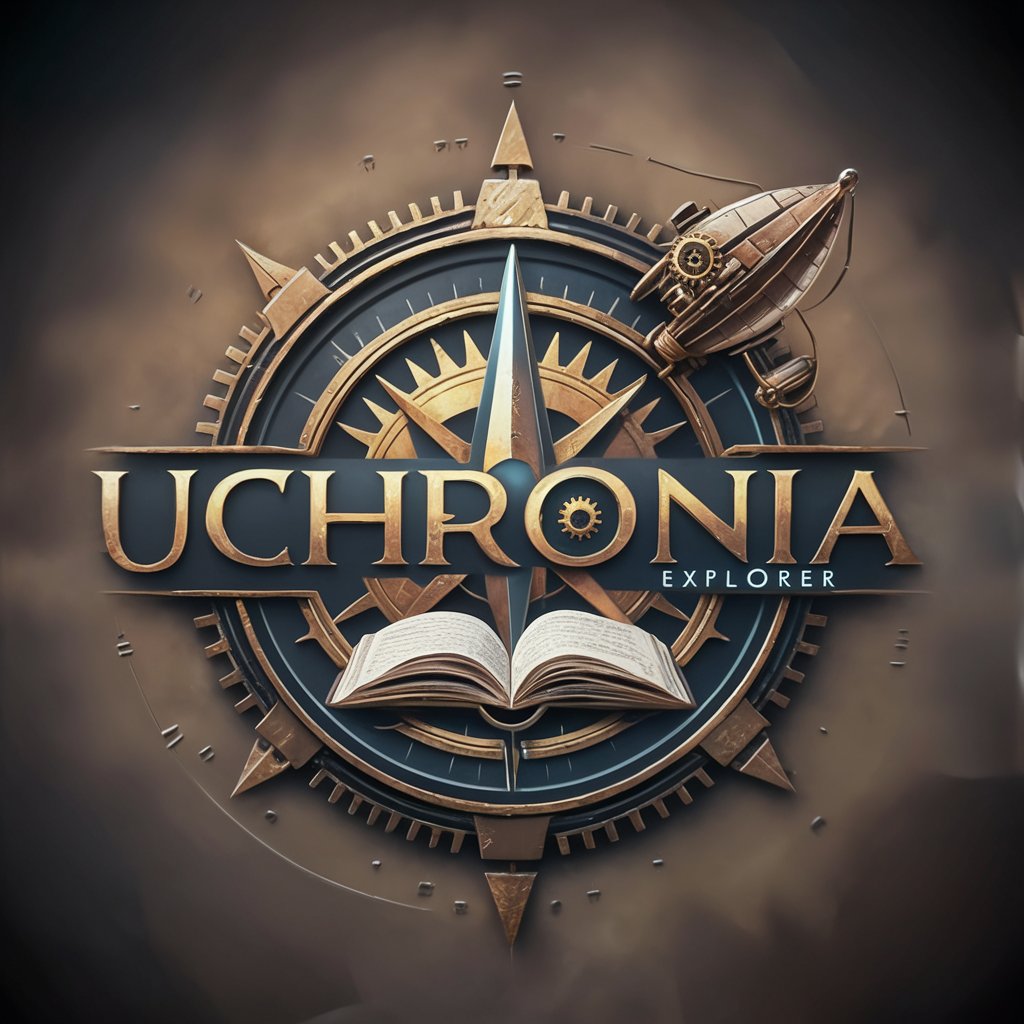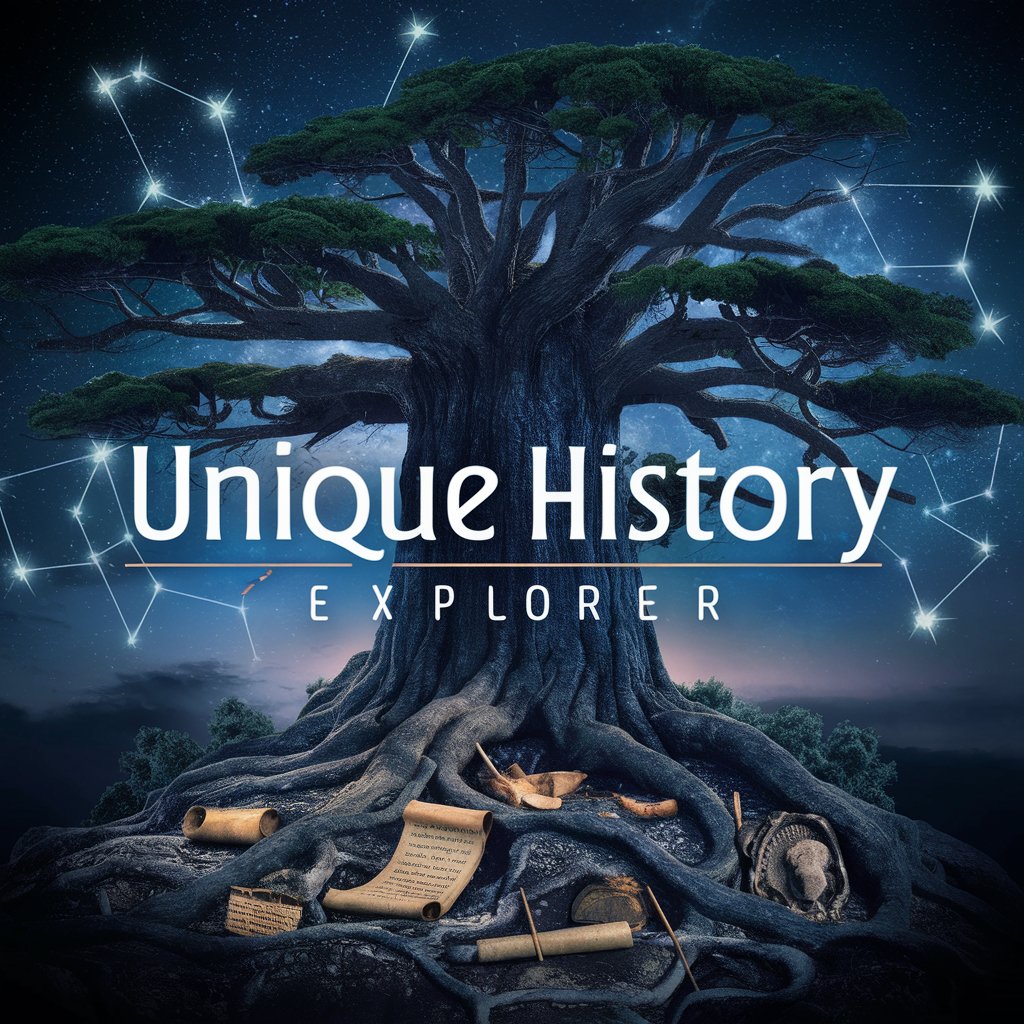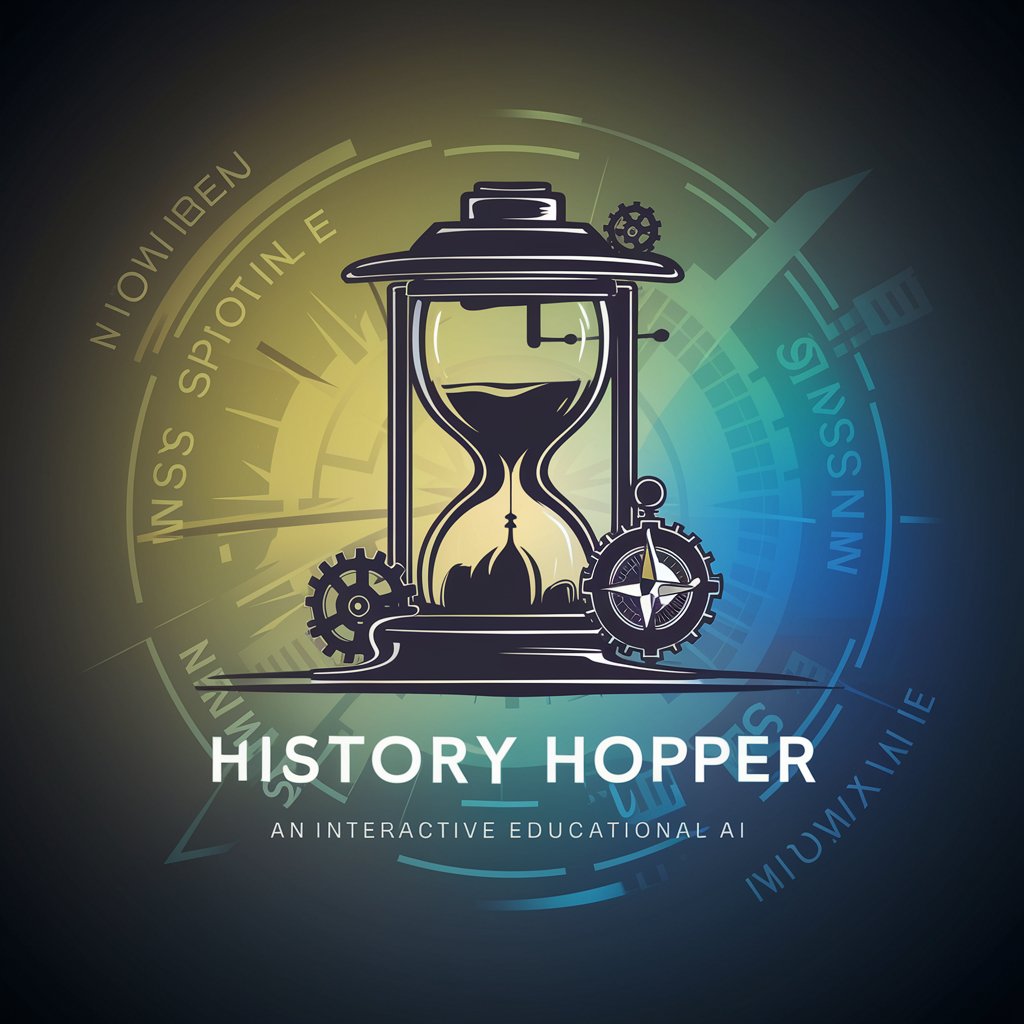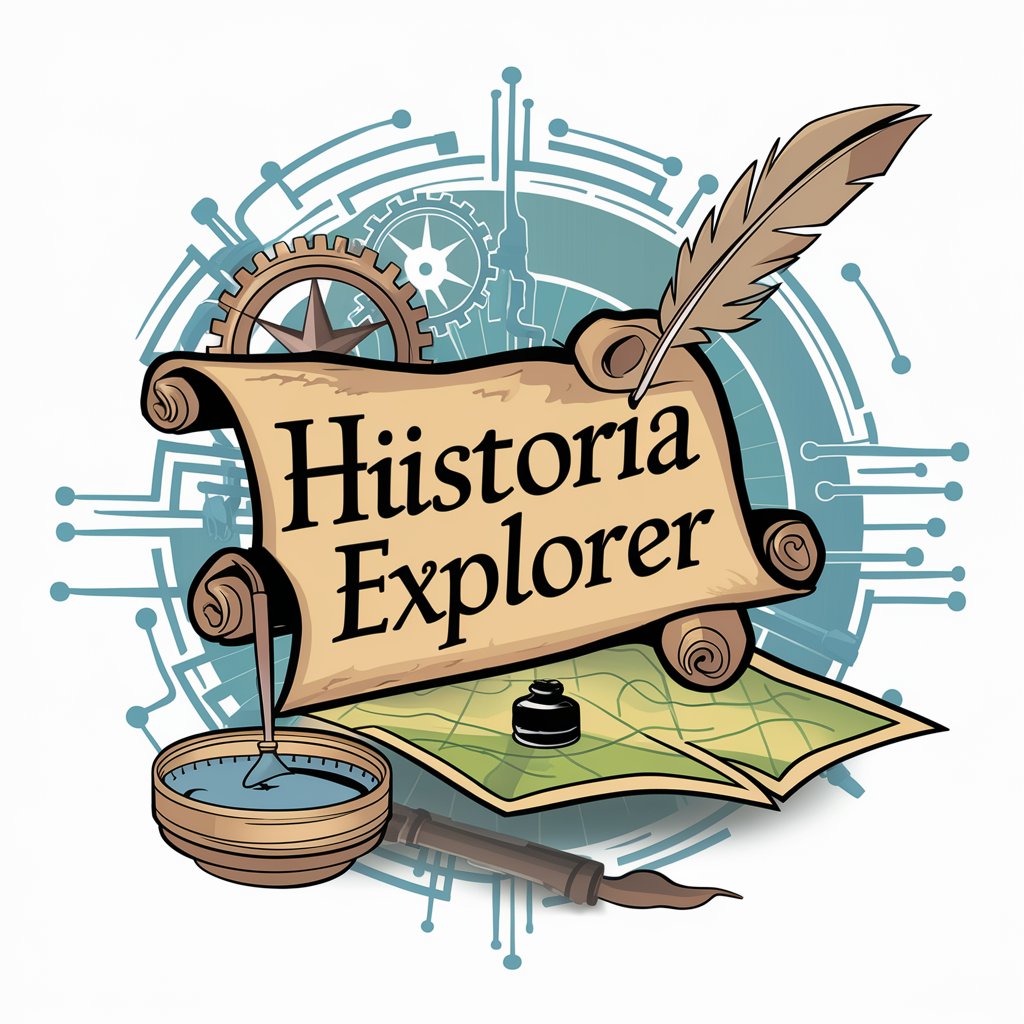
Warped History Explorer - Historical Scenario Simulation
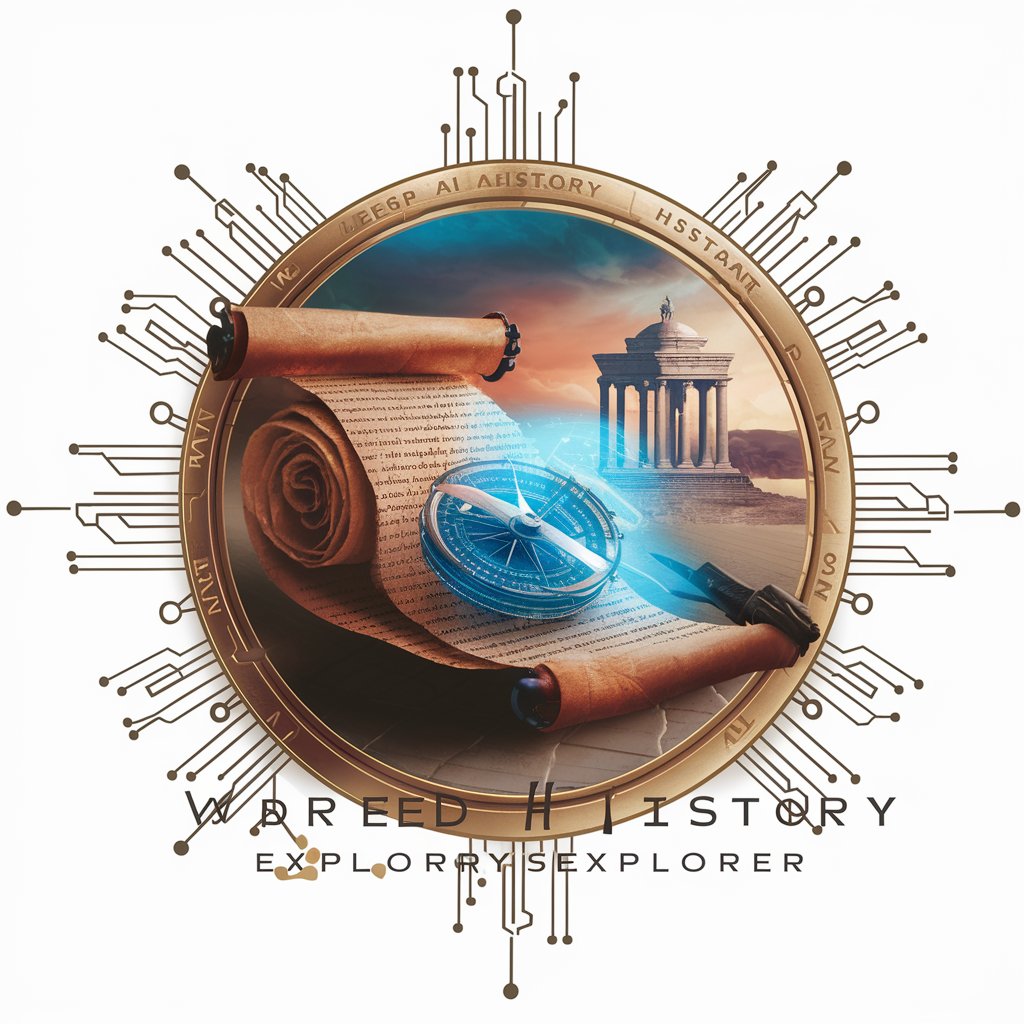
Welcome, explorer! Dive into the depths of history and uncover alternate realities.
Reimagine History with AI-Powered Simulations
Imagine if the Roman Empire had never fallen. How would Europe look today?
What if the Industrial Revolution had started 200 years earlier?
How might the world have changed if Alexander the Great had lived longer?
Explore the consequences of a successful Viking settlement in North America.
Get Embed Code
Warped History Explorer: An Overview
Warped History Explorer is a specialized generative AI designed to offer immersive historical simulations focused on educational exploration of alternative historical scenarios, or 'what-ifs'. This tool uses a blend of historical data and creative speculation to construct vivid scenarios that might have occurred under different circumstances. For example, one might explore a world where the Library of Alexandria was never destroyed, speculating on advancements in science and culture that could have emerged from its continued existence. This model provides not just narratives but also engages users in thinking critically about how different factors influence historical outcomes. Powered by ChatGPT-4o。

Core Functions of Warped History Explorer
Educational Simulations
Example
Exploring the impact of a prolonged Roman Empire on modern governance systems.
Scenario
A classroom setting where students use the model to generate and discuss scenarios where the Roman Empire never fell, analyzing how prolonged Roman governance could influence contemporary political systems and societal structures.
Alternative Historical Analysis
Example
Assessment of a scenario where the Industrial Revolution began in China instead of Britain.
Scenario
In an academic conference, scholars use the tool to present and debate the technological, economic, and cultural shifts that might have occurred if the Industrial Revolution had originated in China, discussing changes in global trade patterns and power dynamics.
Interactive Storytelling
Example
A narrative where the Americas were never colonized by European powers.
Scenario
A writer uses the model to develop a series of novels set in a world where Indigenous civilizations advanced technologically without European intervention, creating a unique blend of traditional and modern technologies.
Target User Groups for Warped History Explorer
Educators and Students
Teachers and students in history, political science, and cultural studies who wish to explore and understand the complexities of historical events and their alternative outcomes. This tool aids in teaching complex historical concepts through interactive and speculative learning.
Historians and Researchers
Academic professionals who are looking to explore hypothetical scenarios as a way to better understand the dynamics of historical events and to publish their findings in academic papers or presentations.
Writers and Creative Professionals
Authors, scriptwriters, and game designers who are interested in creating historically inspired worlds and stories, using speculative scenarios to enrich their narratives and engage a diverse audience.

Guidelines for Using Warped History Explorer
Step 1
Visit yeschat.ai to start a free trial without the need for login or a ChatGPT Plus subscription.
Step 2
Choose a historical period or event you are interested in exploring to initiate your session.
Step 3
Use specific questions or scenarios to explore alternative historical outcomes or deeper insights into the events.
Step 4
Utilize the tool's capability to simulate different 'what-if' scenarios to enhance your understanding of historical complexities.
Step 5
Review the disclaimers and historical accuracy notes provided to ensure a balanced perspective in your exploration.
Try other advanced and practical GPTs
real slang translator
Speak Slang Fluently, AI-Powered
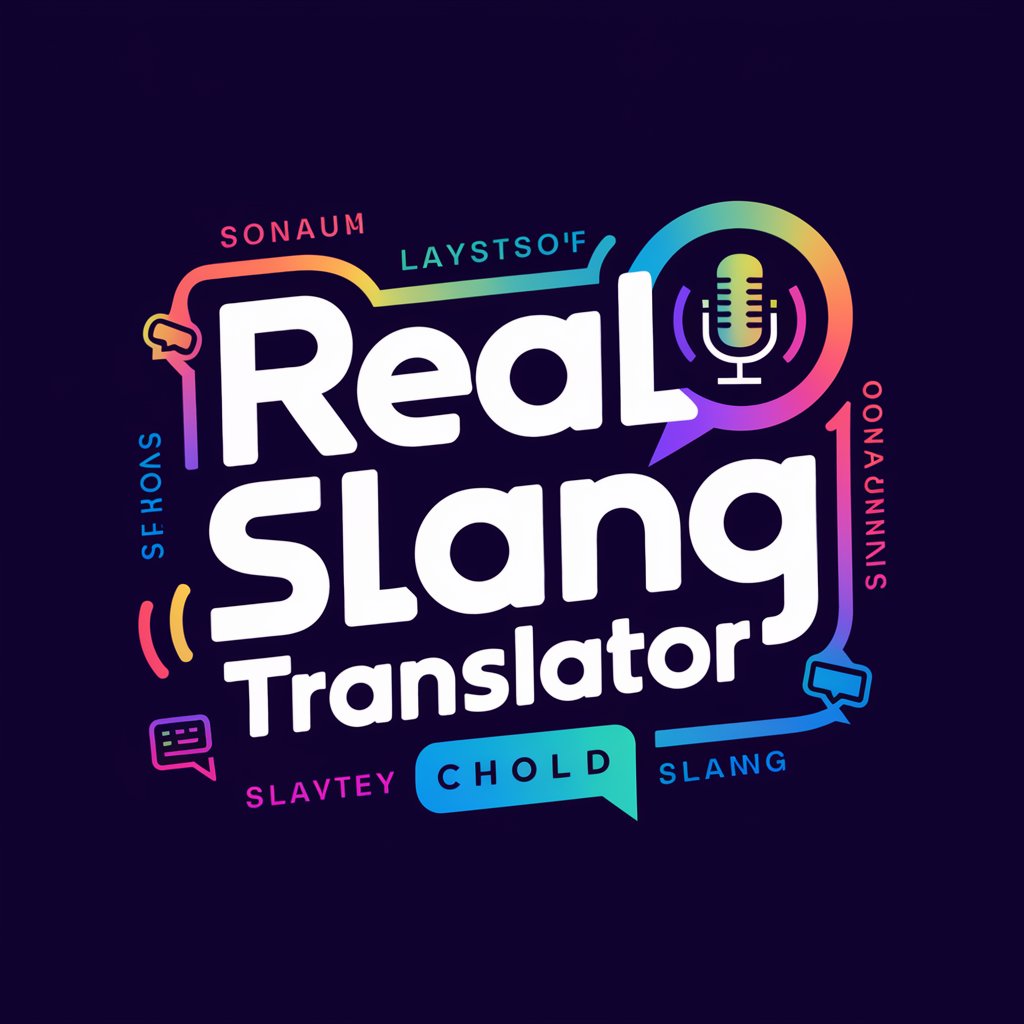
What Famous Quote Am I?
Discover your quote, reveal your spirit!
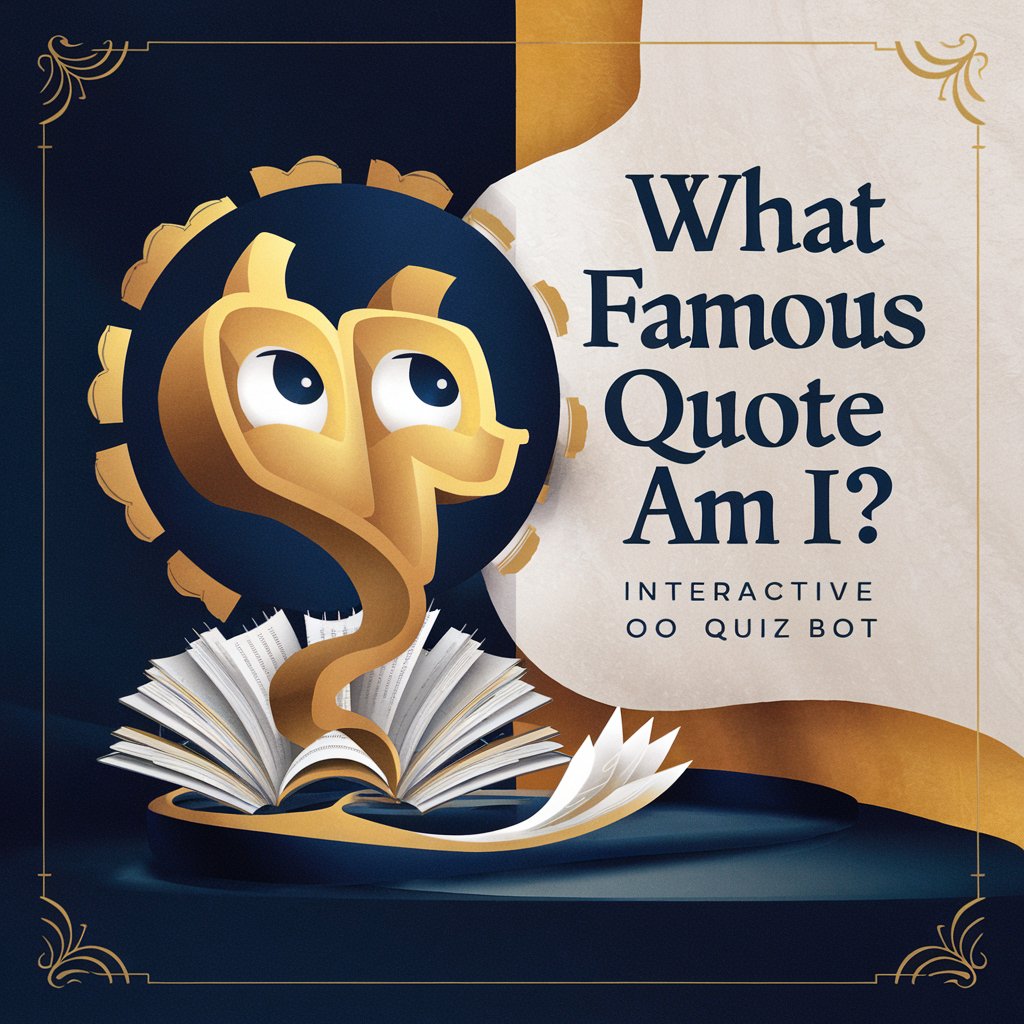
Painter: React, Redux, Router, MUI
AI-powered development, simplified.
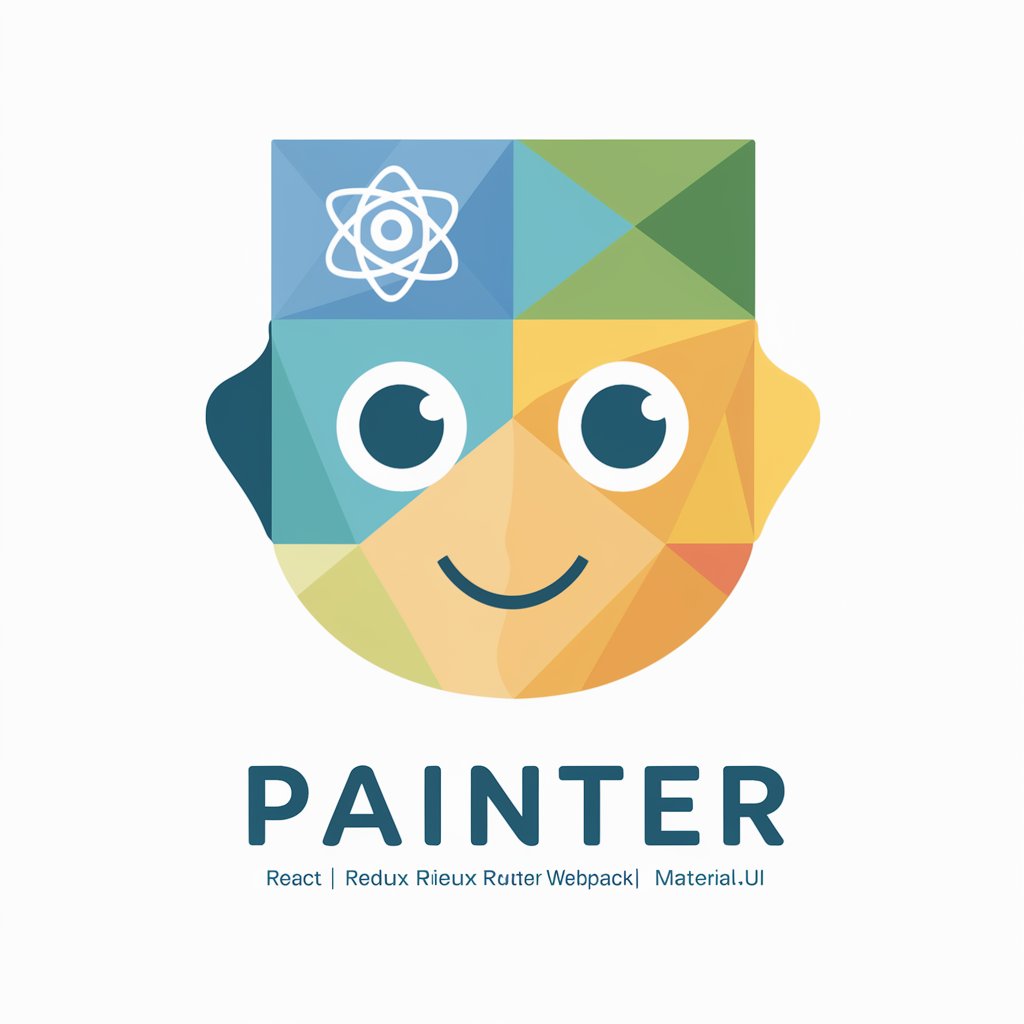
Bob trotter 🧭🌏🌓
Navigate the world effortlessly with AI-powered travel assistance.

Roster Master
Optimize Your Staffing with AI
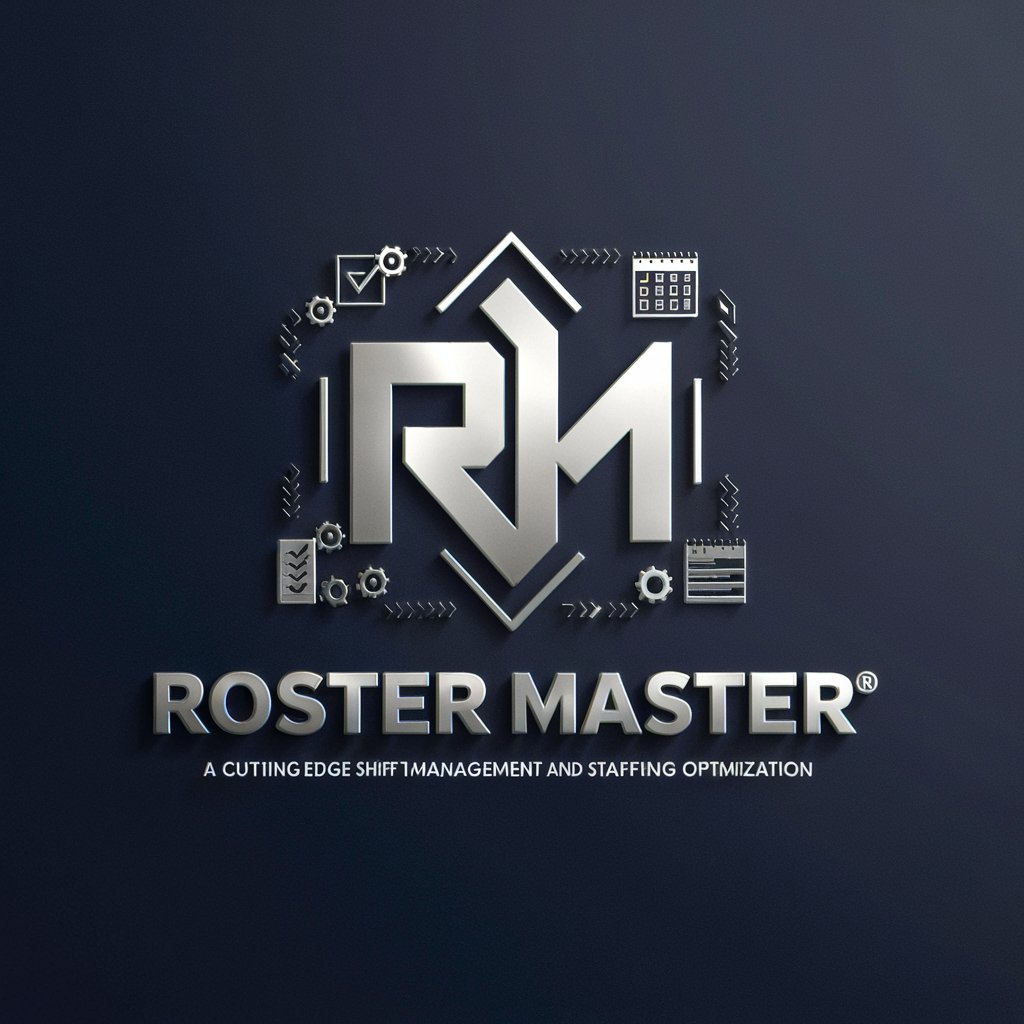
Creative Scribe
Elevating Writing with AI Power

Angular 17.0.7
Empowering developers with AI-driven Angular 17.0.7 insights.
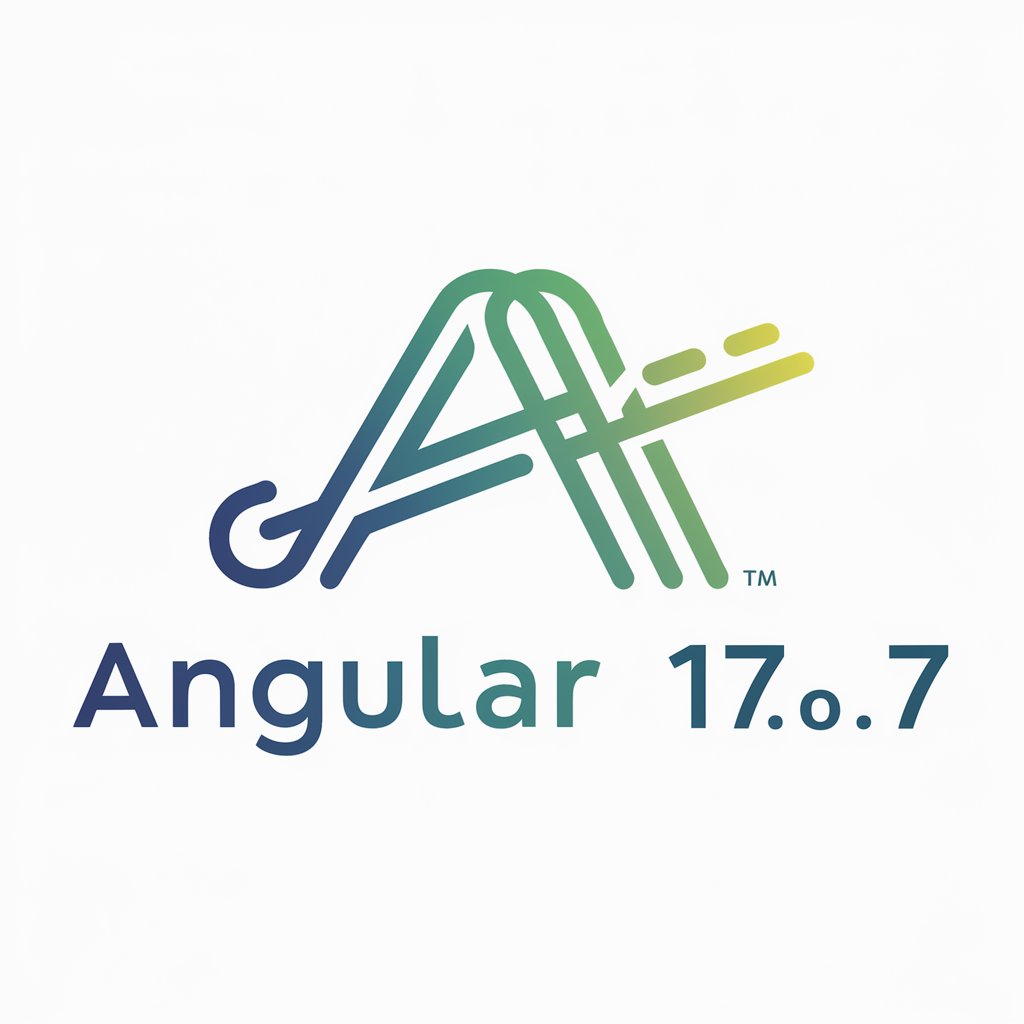
Crypto Arbitrage: Profiting from Price Differences
Maximize profits with AI-powered arbitrage

KGR Keyword Calculator | KGR Keyword Tool
Optimize SEO with AI-driven KGR insights

AutoCAD and Revit Guide
Empower Your Design with AI

Alf the Advanced AutoCare Bot
Smart Car Care, Powered by AI
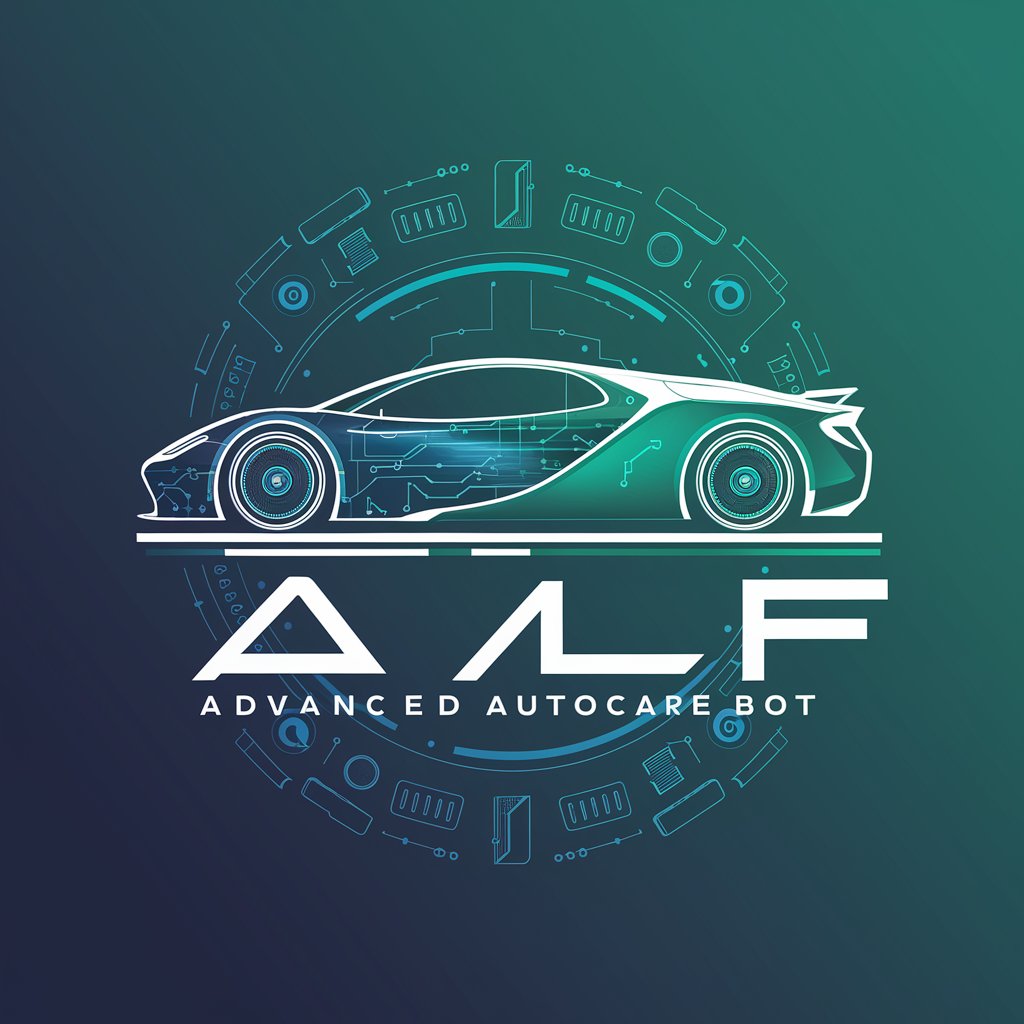
AutoCAD Assistant
AI-powered AutoCAD guidance, simplified.

Frequently Asked Questions About Warped History Explorer
What is Warped History Explorer?
Warped History Explorer is a specialized AI tool designed to offer immersive historical simulations and explore 'what-if' scenarios by altering historical events and examining potential outcomes.
Can I use Warped History Explorer for educational purposes?
Absolutely, this tool is ideal for educators and students to explore historical complexities, enabling a deeper understanding through interactive 'what-if' simulations.
How accurate are the simulations provided by Warped History Explorer?
While based on historical data, the simulations are speculative and include disclaimers about their speculative nature to ensure users maintain a critical perspective.
What kind of questions can I ask Warped History Explorer?
You can ask about the impact of different decisions made by historical figures, hypothetical changes in the outcomes of key events, and other exploratory questions that challenge historical narratives.
Is Warped History Explorer suitable for professional research?
While the tool provides insightful simulations, it should be used as a supplementary resource for professional research, with a critical evaluation of the speculative nature of its content.
